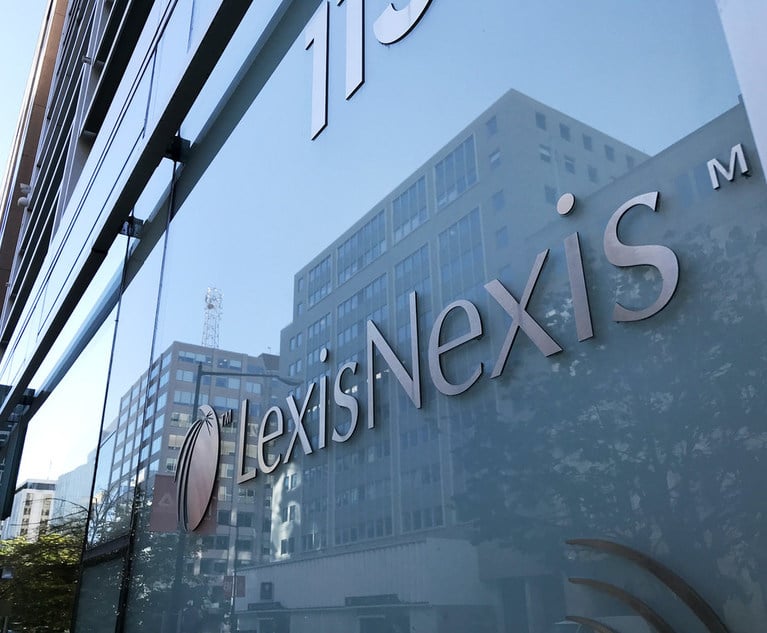Data centers are doing their part to stem COVID-19 spread by implementing no-entry policies to limit exposure to the contagious virus. Those efforts can leave law firms without direct access to their data. But observers say their data is likely still far safer than if it were hosted at a firm’s office.
Starting March 23, international data center Equinix announced its no-entry policies for its U.K., Spain, France, Germany and Italy locations. Visitors, customers, customers’ contractors and non-critical Equinix employees and vendors are barred from accessing its offices for anything other than critical and essential work. Only clients with “special permissions” and government-issued critical infrastructure status will be allowed to schedule a visit for “critical and essential work,” which the data center didn’t define in its blog post.








